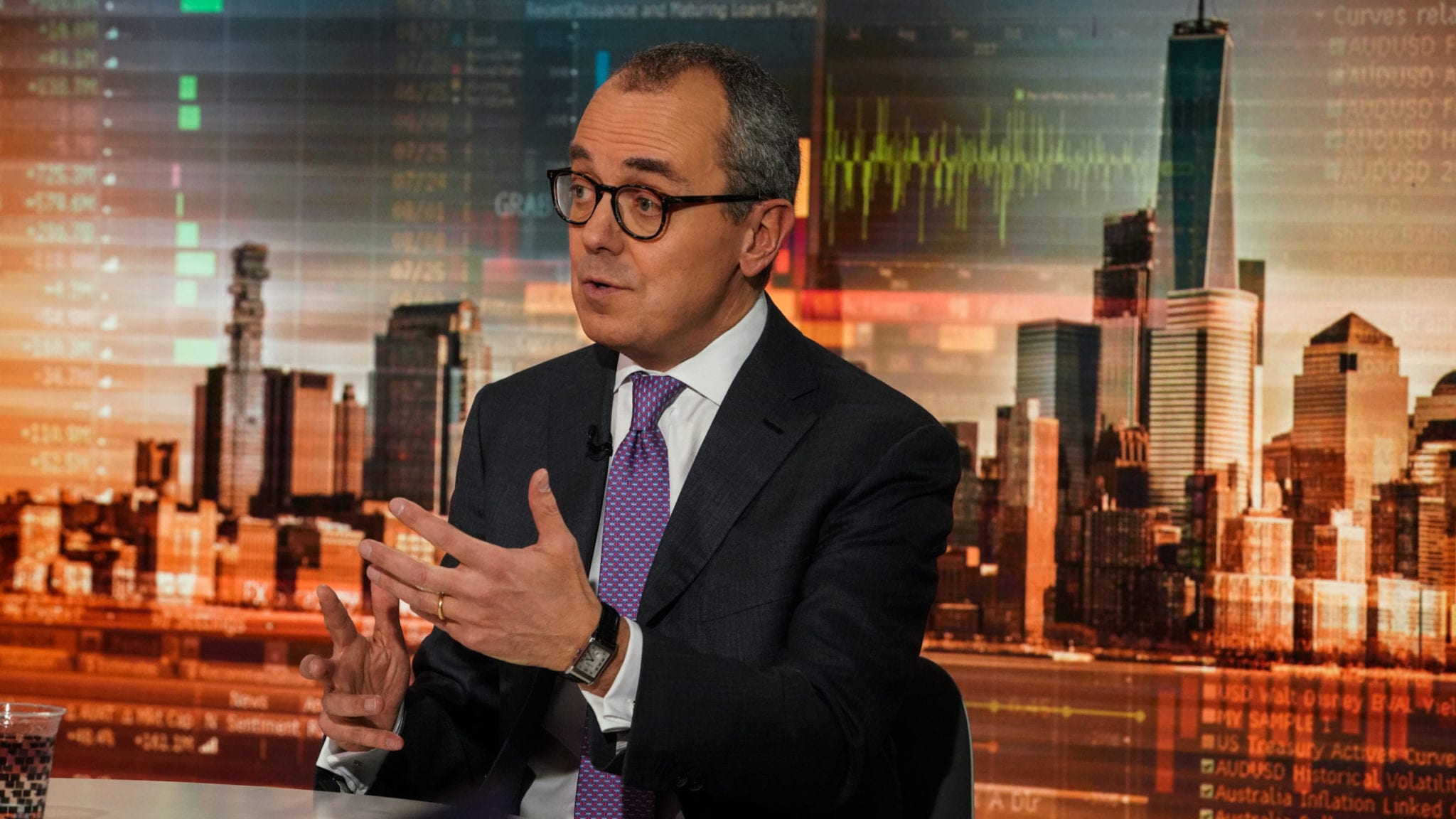
Bristol Myers' next-gen immunology med busts Amgen's Otezla in head-to-head study. Is a showdown coming?
In an immunology market packed with blockbuster biologics, Bristol Myers Squibb hopes that its oral drug for milder cases could carve out a lucrative foothold. Now, with its eyes set on busting Amgen’s Otezla, the drugmaker is rolling out full data from a pair of late-stage studies that bode well for its candidate.
Bristol Myers’ TYK2 inhibitor deucravacitinib significantly cut psoriasis patients’ disease activity and spurred clearer skin at four months than patients dosed with Amgen’s Otezla or placebo, according to data from two Phase III studies presented Friday at the virtual American Academy of Dermatology meeting.
Unlock this article instantly by becoming a free subscriber.
You’ll get access to free articles each month, plus you can customize what newsletters get delivered to your inbox each week, including breaking news.